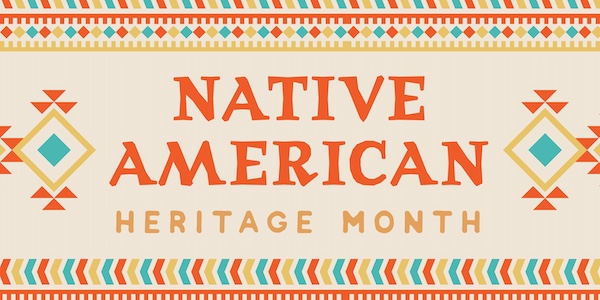
Darcia Narvaez on What Settlers on Indigenous Land Should Consider When Learning About Native American Heritage Month
Categories: Indigenous Cultures & Anthropology Interview
Darcia Narvaez is the co-editor of Restoring the Kinship Worldview, a collection of speeches from Indigenous leaders around the world and the co-author of The Evolved Nest, a fascinating look into nurturing and parenting in the natural world.
“First Nation Peoples are sovereign over perhaps 20% of Earth’s landscapes but harbor the wellbeing of 80% of the planet’s biodiversity. This is the result of traditional, ancestral Indigenous Wisdom in action, wisdom that everyone needs to respect and support in every way possible.”
Is there anything you want settlers on Indigenous land to have top of mind when learning about Native American Heritage Month?
I think people sometimes wonder about what Indigenous means. I think there are three ways to think about it. First, of course, we are all indigenous to Earth. Along with everything else on Earth, we are members of the earth community.
However, to be Indigenous as traditional First Nation Peoples are means to have deep ecological knowledge about a particular locale, to understand and behave in ways that respect and foster the flourishing of all members of that locale, human and non-human (i.e., animals, plants, waterways, landforms, soil). This is knowledge transmitted over generations of living in that place, knowledge gathered through observation and revelation.
According to the United Nations, First Nation Peoples are sovereign over perhaps 20% of Earth’s landscapes but harbor the wellbeing of 80% of the planet’s biodiversity. This is the result of traditional, ancestral Indigenous Wisdom in action, wisdom that everyone needs to respect and support in every way possible.
Third, not so long ago all our ancestors shared a similar cosmology or worldview—the Indigenous Worldview that Four Arrows (Wahinkpe Topa, aka Don Trent Jacobs) has been writing about for years. In our 2022 NAB book together, Restoring the Kinship Worldview, we discuss 28 quotes by Native elders that demonstrate manifestations of the Indigenous worldview. We discuss how readers can embrace and put into practice the tenets of the Indigenous worldview.
Indeed, we can all learn to listen to Earth and cooperate with Nature’s ways. My newest NAB book with Gay Bradshaw, The Evolved Nest, shows how important such cooperation is for raising intelligent, thriving children, supporting their blossoming into fullness and partnership with the rest of Earth’s community.

